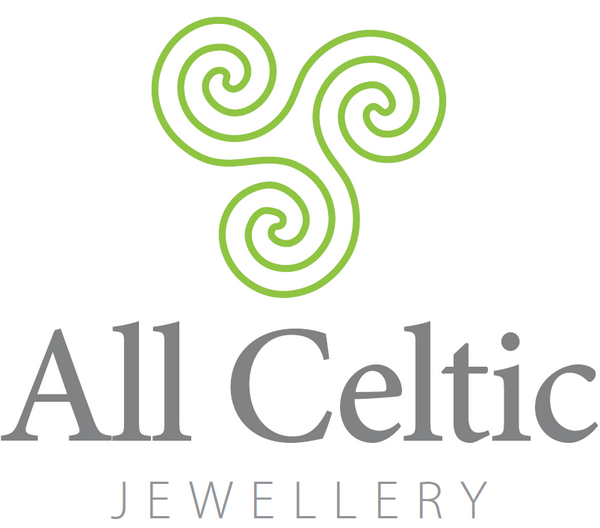What does Celtic mean?
Information on the Celts
What does Celtic mean?
Celtic is the term given to an ethnic group spanning the range of Europe. Historically it was first mentioned by Julius Caesar during his military campaigns, when he referred to a tribe in France known as the Keltoi. In reality, the term Celtic is hard to pin down exactly, and can refer to many different groups in Europe who shared similar ideas and culture.
In modern times, the term Celtic tends to apply more to countries on the north west of Europe, like Ireland, Scotland, Wales and parts of England and France.
Are the Celts gone?
No, not really. Genetically, their legacy lives on throughout Europe and authentic Celtic languages are still spoken in different places.
Celtic Languages include: Irish, Scottish Gaelic, Cornish, Breton and Manx.
Their legacy also lives on in their art and jewellery. A tradition we are very proud to continue!
What is Celtic Jewellery like?
It is categorised by flowing continuous lines, designed to invoke the ideas of nature and harmony. The designs are distinctive and unique in the jewellery world. It is a testament to the quality and power of the designs that they have survived almost unchanged for thousands of years. In fact, authentic Celtic jewellery is considered to be among the most beautiful in the entire world!
What are Celtic Crosses?
With the Introduction of Christianity to western europe, the culture began to adopt elements of both traditional Celtic and the newer Christian beliefs. This led to a synthesis of both in the art produced. Celtic crosses combine the Christian symbol of the cross, with the flowing lines and intricate design of the Celts. It is one of the most unique and enduring symbols of Ireland and Scotland (which share the same heritage.)
Who would wear Celtic Jewellery?
Celtic jewellery is generally worn by those who have a strong commitment to the concept of harmony. This applies both in their personal lives, and that with the natural world.
It is also used by people with a Celtic heritage as a celebration of their ancestry, and an affirmation of the unconquerable Celtic spirit.
